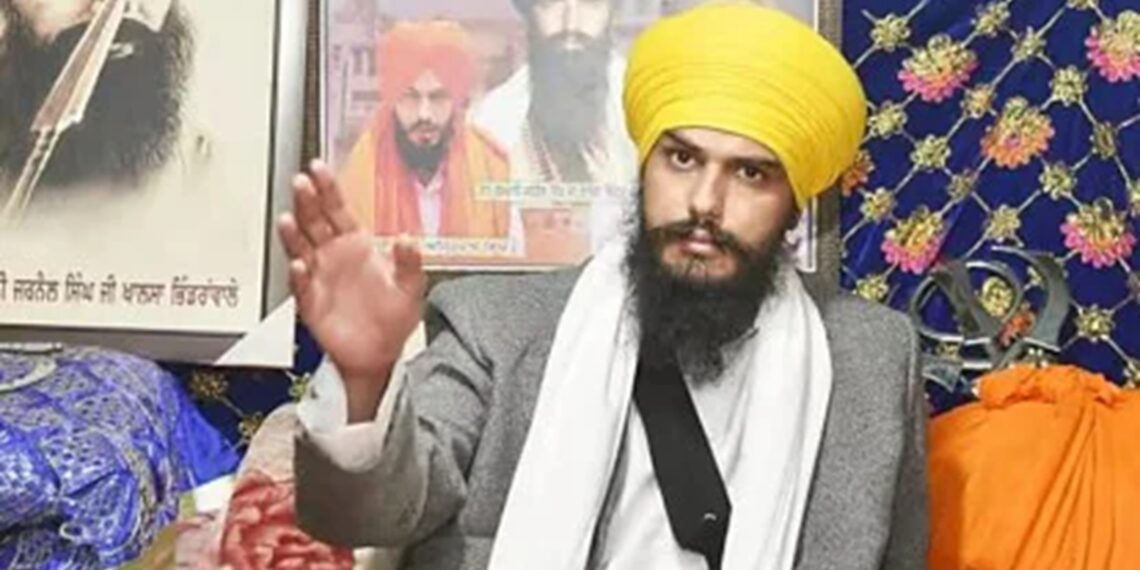The recently concluded Lok Sabha elections witnessed an unprecedented occurrence as two candidates, currently imprisoned on terrorism charges, emerged victorious.
Despite their captivity preventing active parliamentary engagement, they retain the Constitutional right to take the oath of office.
The Election Commission on Tuesday announced that Amritpal Singh, detained under the National Security Act (NSA) in Assam’s Dibrugarh jail, won from the Khadoor Sahib constituency.
Similarly, Sheikh Abdul Rashid, known as “Engineer Rashid”, held in Tihar jail on alleged terror financing charges since August 9, 2019, secured victory in Baramulla.
The question now revolves around the feasibility of these imprisoned candidates taking the oath of office and the subsequent procedures involved.
A Constitution expert told a national news agency that swearing in as a member of Parliament is a Constitutional right.
However, due to their imprisonment, Engineer Rashid and Singh need official permission to attend Parliament for the oath ceremony, after which they must return to jail.
The expert further outlined the legal steps, citing Article 101 (4) of the Constitution, which addresses the absence of members from Parliament without prior approval.
After taking the oath, the MPs must inform the Speaker in writing about their inability to attend House sessions.
The Speaker forwards their requests to the House Committee on Absence of Members, which then assesses whether they can remain absent.
The Committee’s recommendation is put to a vote in the House.
However, a crucial caution exists – if Engineer Rashid or Singh are convicted and sentenced to a minimum of two years, they automatically lose their Lok Sabha seats, as per the Supreme Court’s 2013 ruling.
This ruling invalidated Section 8(4) of the Representation of the People Act, which previously allowed convicted MPs and MLAs three months to appeal their convictions.















